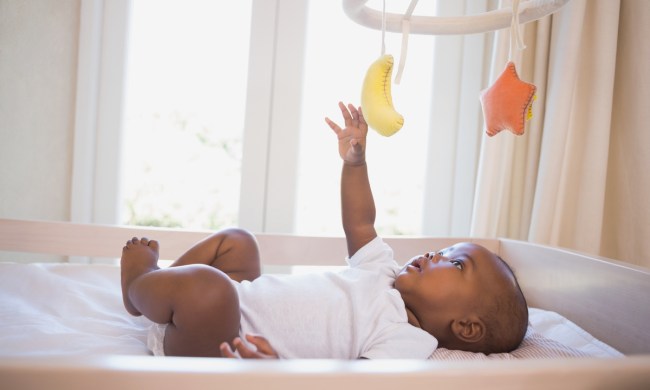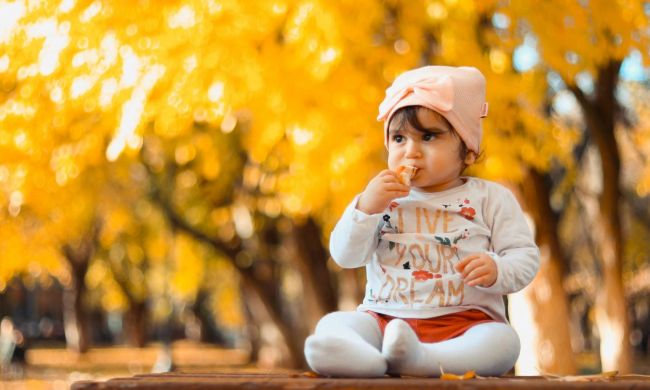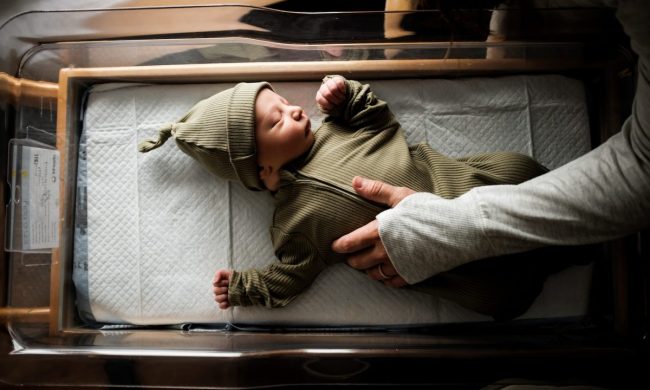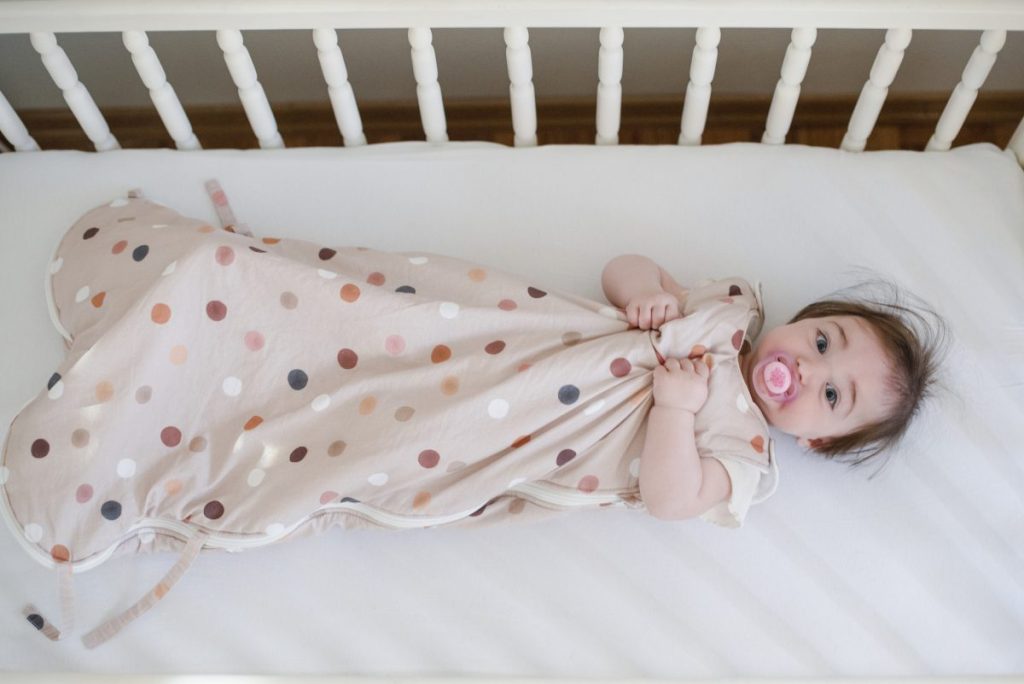
Babies grow and develop so much during the first year of their life and with that comes a constantly evolving sleep schedule. Many parents choose to either co-sleep or have a bassinet near their bed to provide as little sleep disruption as possible, especially for newborns. But as the baby gets a little older and begins to sleep longer, many parents find themselves wondering when to move their baby to their own room. From official recommendations to your own gut instinct, we’ll take you through how to make these choices.
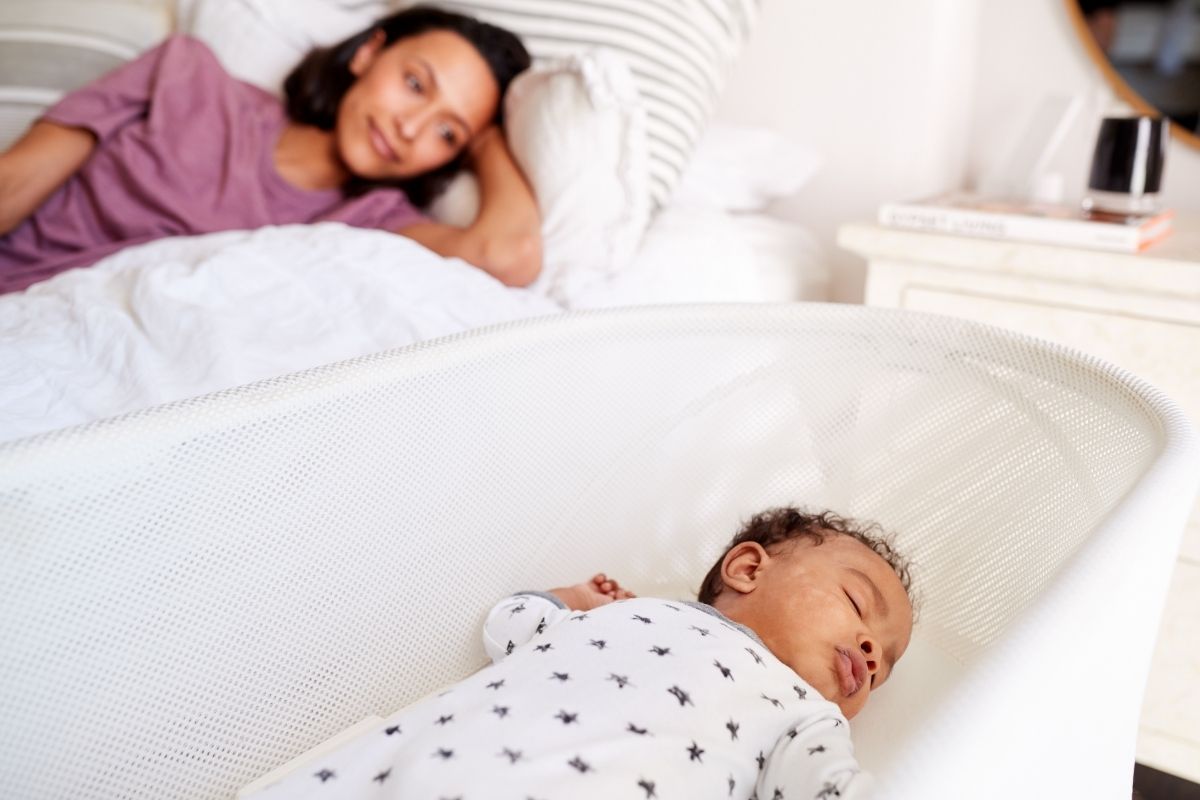
When to move from a bassinet to a crib
You should move your baby out of their bassinet once they reach its weight limit, which will likely be between 10 and 20 pounds. Additionally, if your baby begins to roll over or sit up, you should move them to a crib. Even if neither of these factors applies, and if you see your baby becoming cramped with its head touching the wall of the bassinet, it’s time to move to a crib. You don’t have to move from a bassinet to a crib and from your room to their own room at the same time, but it is most convenient for many.
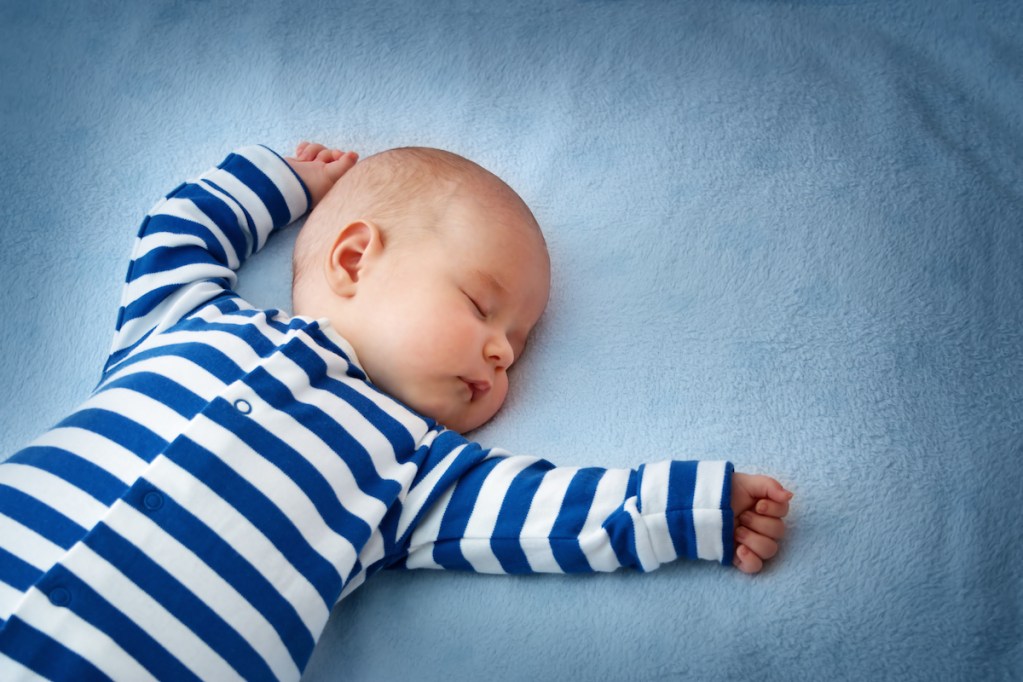
When should a baby sleep in their own room?
The American Academy of Pediatrics (AAP) recommends that “infants should sleep in the parents’ room, close to the parent’s bed, but on a separate surface (room sharing). The infant’s crib, portable crib, play yard, or bassinet should be placed in the parent’s bedroom for at least 6 months, but preferably a year.” However, more important for safety than which room a baby sleeps in is the surface they sleep on. The AAP also recommends first that babies be placed on their backs on a firm, flat surface for every sleep, so if you provide a safe crib or bassinet, the room it is placed in is secondary.
Many expert pediatricians and researchers question the AAP recommendation, especially for the benefits past the age of 6 months. One study published in Pediatrics in 2017 provides helpful data: “Babies get less sleep at night and sleep for shorter stretches when they sleep in their parent’s room after 4 months old,” it found. Furthermore, “infants who slept in their own rooms after 4 months slept for longer, in general. Nine-month-old room-sharing infants slept an average of 9.75 hours per night, compared to 10.5 hours for those who began sleeping alone by 4 months, and 10 hours for those who began sleeping alone between 4 and 9 months.”
So, when should a baby sleep in their own room? It’s always a personal call by the parents, and you can consider several factors. Your baby’s sleep is one thing to keep in mind, but so is your own sleep. Babies will be best cared for by parents who are better rested, so don’t feel guilty taking your own health and happiness into account. Ask your pediatrician’s input on safe sleep as well.
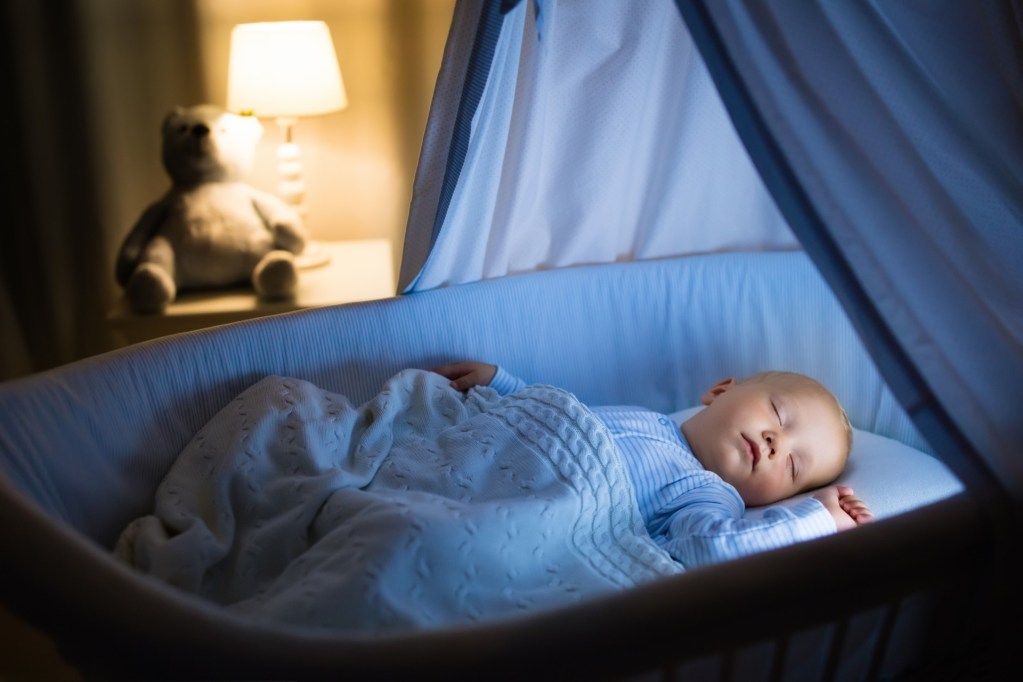
Why room-sharing is important
While many parents wonder when is the right time to move their baby into their own room, others may wonder if room-sharing really is necessary at all. Sleeping arrangements are ultimately left up to the individual, but room-sharing isn’t just convenient but is often recommended for the safety of the baby. The AAP’s safety guidelines are put in place to help reduce the risk of Sudden Infant Death Syndrome (SIDS) as well as other sleep-related infant deaths.
Having your baby in the room with you allows you to monitor them as they sleep and respond quickly to their needs. If you do have your baby sleeping in a different room, experts suggest checking on them frequently during the night and ensuring they are on their backs as often as possible.
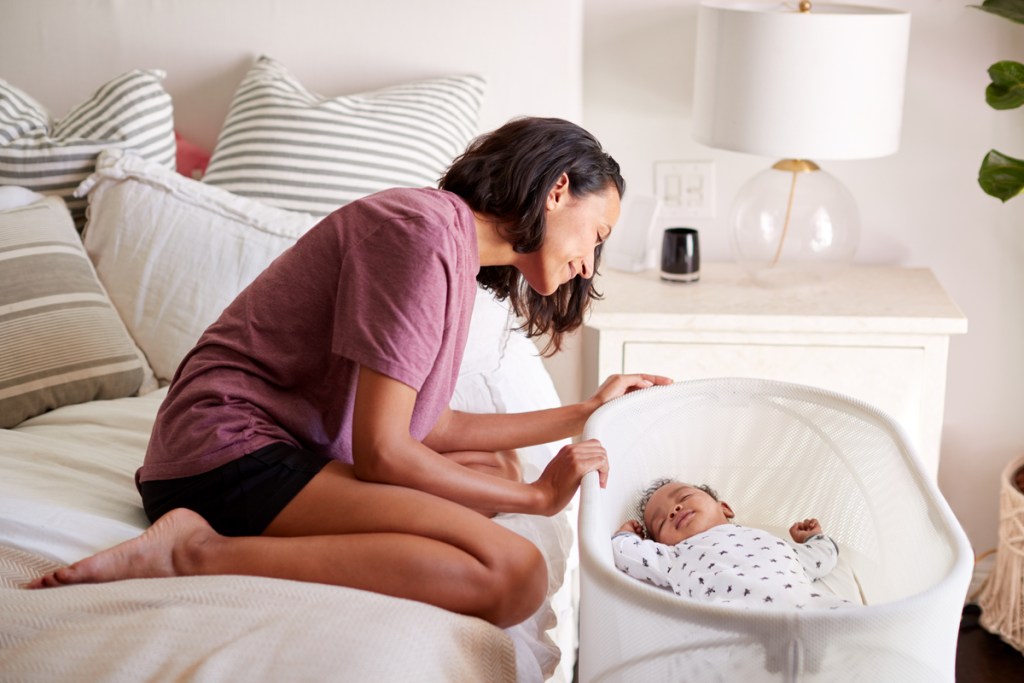
How to transition a baby to their own room
Incorporate as many gradual steps as you can to ease the transition.
- Create a bedtime routine. Rock in the same chair with the same song and read one book every time you put them down in their crib. This way, there will be some consistency, whether you do this routine in your room or their room.
- Start introducing the crib during naps. Instead of leaving them overnight in a new space for the first time, use daytime naps to start using the crib before switching to also using it at night.
- Move the bassinet to their own room first. If you’re doing two transitions in one (a bassinet to a crib and your room to their own room), move the bassinet to their own room first so they are only adjusting to one change at once, and they can still be in their familiar space even in a new room.
- Stay in the new room with them for a while. Soothe them for a while before leaving.
Remember that infants should not have stuffed animals, blankets, or pillows in their sleeping space, so don’t give them something with a familiar smell in there with them because it is a suffocation risk. You can do other things like dimmed lights, a white noise machine, your own presence, or a mobile to make the space inviting.
Using a video monitor when they are in their own room may ease your peace of mind as well, so you can sleep better as you adjust to them being out of the room.
No matter when you make the transition, there are bound to be some bumps in the road, but just remember it will all calm down and work out eventually, no matter what.

